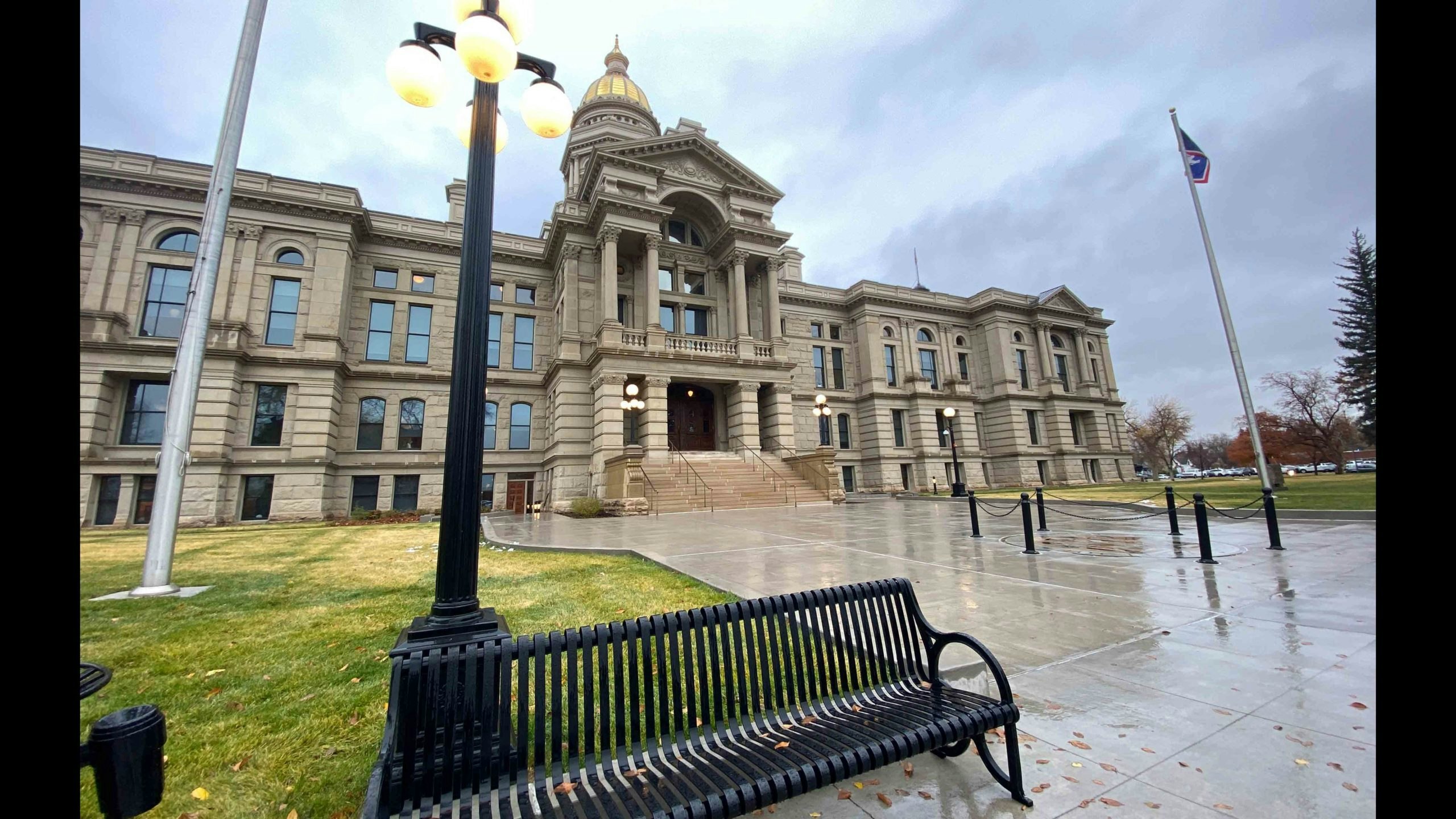At least one member of the Wyoming Legislature’s Joint Appropriations Committee thinks it is definitely time to increase state employee salaries.
Sen. Drew Perkins, R-Casper, told Cowboy State Daily on Thursday that he was not surprised to see Gov. Mark Gordon include a raise for state employees in his proposed 2023-2024 biennium budget. Gordon included $53 million in his budget proposal to go toward employee compensation.
“We’ve had some pretty tough budget years and it’s been quite a while since there’s been any raises given to state employees,” said Perkins, chair of the Joint Appropriations Committee. “With inflation and the cost of living not going down, it’s getting to the point where it’s affecting the ability to get and retain qualified employees.”
The money for raises is part of Gordon’s proposed $2.3 billion biennium budget which is being reviewed by the Joint Appropriations Committee. The proposal for raises would boost salaries for employees of the executive branch, judicial branch and educational institutions across the state.
Currently, state employees are paid below the 2017 market comparison rate, Gordon said when he unveiled his budget, and a recent survey conducted by the Wyoming Department of Administration and Information revealed 38% of workers had a second job.
A report from the same survey also found that 3% of the state workforce took advantage of SNAP, Temporary Assistance for Needy Families and other assistance services.
Perkins noted that during Joint Appropriations Committee testimonies, he heard over and over from department managers who were losing employees due to the low pay from the state. Some were going into the private sector, but some people were getting jobs with other state governments.
“We lost some support people who went to work for the state of North Dakota, because they offered better pay and benefits, but the other thing was that they didn’t have to leave Cheyenne,” he said. “They could telework from home.”
Perkins said it was important to make the cost of living and salary adjustments to retain quality employees.
“If we’re going to have any kind of efficient government services provided, we have to make sure we’ve got to retain who have expertise,” he said.





